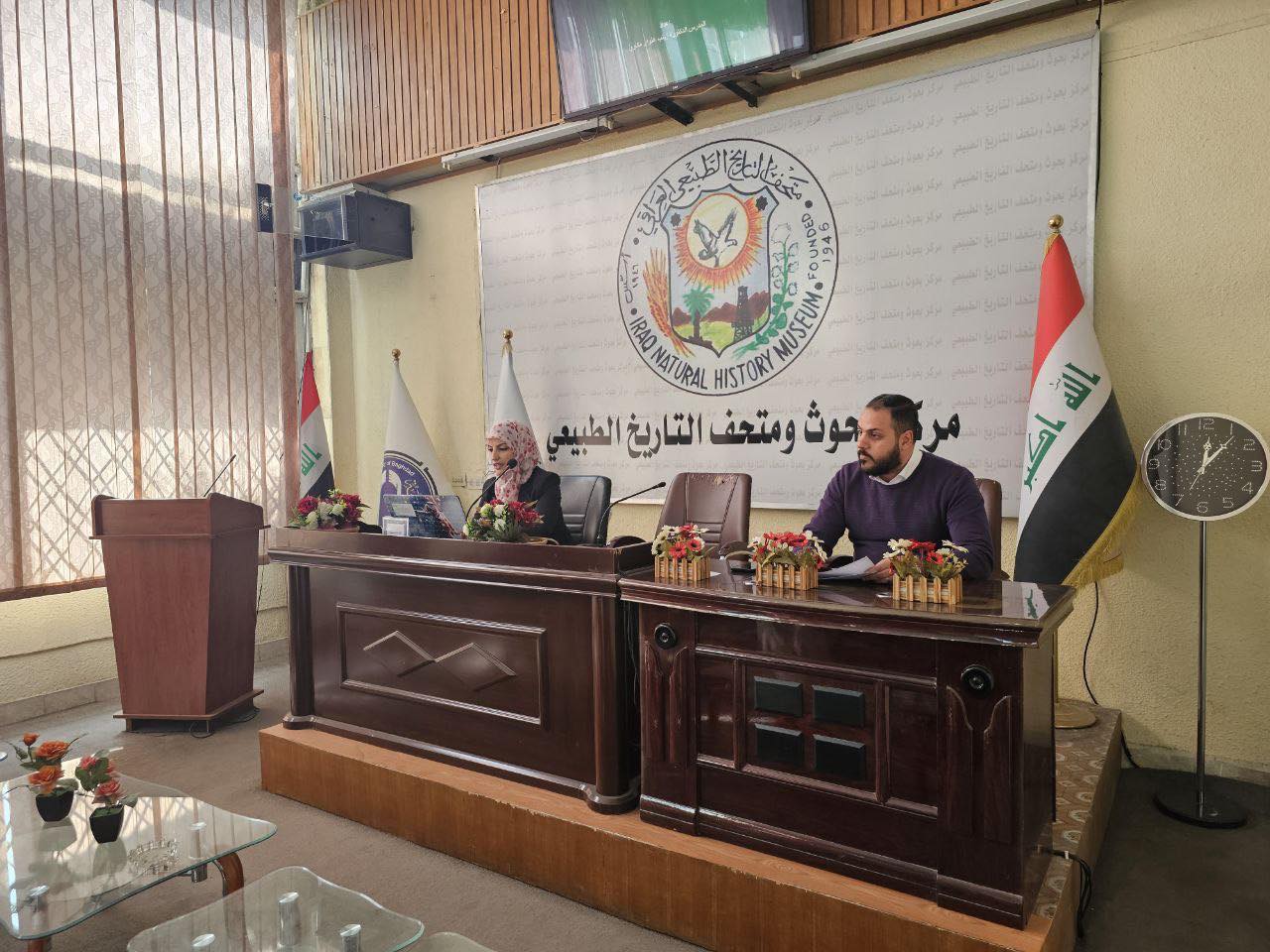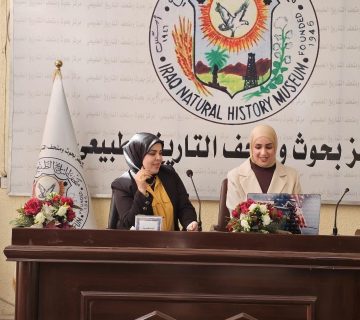A recent workshop at our center explored the alarming link between ticks and the transmission of Crimean-Congo Hemorrhagic Fever (CCHF). Organized by Assit. Prof.Dr. Hana Hani Al-Saffar and lecturer. Muhammad Anad Ghazaun, the event delved into the risks associated with this potentially fatal viral disease.
CCHF: A Serious Public Health Concern
The workshop emphasized the seriousness of CCHF, highlighting its presence in tropical regions and its link to livestock farming. With a death rate of 10-40%, CCHF poses a significant public health threat in Africa, the Balkans, the Middle East, and Asia, with Iraq experiencing its first case in 1979.
Ticks: The Culprits in Transmission
The presentation focused on the key role ticks play in spreading the virus. Animals like sheep, goats, cows, and buffalo can become infected through tick bites, subsequently transmitting the virus to humans either through another bite or direct contact with infected blood or tissues during slaughter. Worryingly, CCHF can also spread from person to person via bodily fluids.
No Vaccine, Emphasizing Prevention
The stark reality of no available vaccine for CCHF underscores the importance of preventive measures. The workshop focused on raising awareness about risk factors and practical steps to minimize exposure, including:
Awareness: Public education plays a crucial role in understanding the dangers of CCHF and its transmission routes.
Personal Protection: Implementing public health guidelines such as wearing light-colored clothing, using repellents, and regularly checking for ticks are essential safeguards.
Safe Tick Removal: Learning the proper technique for removing ticks safely helps prevent further transmission.
Conclusion: Serving Society Through Knowledge
This workshop serves as a testament to our center’s commitment to educating the community about critical public health concerns. By promoting awareness and preventive measures, we can collectively work towards reducing the risk of CCHF and protecting our populations.


